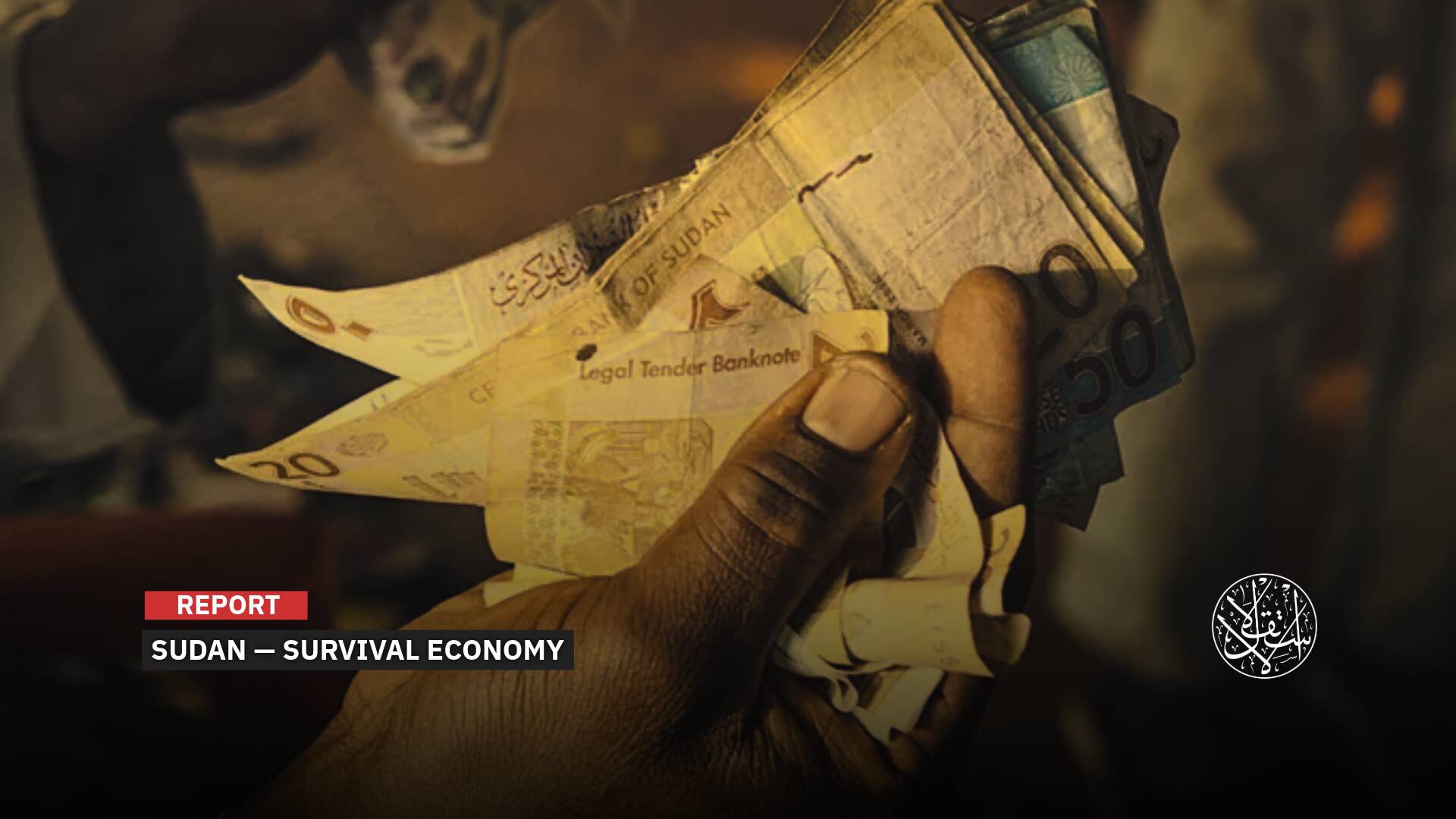What Do the Sales of U.S. Arms Deals Mean for Sisi?

The U.S. State Department has approved a deal to sell air defense radars and C-130 Super Hercules aircraft to Egypt, with a total value of more than $2.5 billion, the Pentagon said Tuesday.
The Pentagon added that the possible sale of 12 C-130J Super Hercules aircraft would include support equipment, spare parts, and technical support. Lockheed Martin Corp. is the main contractor for the aircraft, the Pentagon said.
The Egyptian government is also seeking to purchase three SPS-48 ground radars, spare parts, generators, and associated equipment, as well as training in their use. The Pentagon said L3Harris Technologies is the main radar contractor.
Allies Preservation
Political activist Kamel Esam told Al-Estiklal that despite the tension in the relations between the U.S. and Egypt from time to time, Egypt remains a strong strategic ally of the United States that cannot be dispensed with for complex calculations.
“That’s why we should read so that deal and other deals come in this context, maintaining a stronger Middle Eastern ally,” he added.
“Successive U.S. administrations are trying not to affect the level and size of relations between the two countries, even if they respond from time to time to pressure from Congress and domestic and international human rights entities,” he noted.
Nevertheless, this will be merely an interim response that cannot threaten the future of this alliance, which is becoming increasingly important in light of the recent wave of polarization, according to Esam.
“The Biden administration is aware that waving a halt to the military aid and disrupting the atmosphere with the Egyptian side would help Beijing and Moscow plan to strengthen the influence and expand the map of alliances in the Middle East, which could slowly pull the rug from Under America's feet,” he concluded.
Egypt is a popular market for U.S. weapons, which cannot be easily abandoned in light of strong competition from the Russian side, which has begun to strengthen its armed presence in the region in recent years, unlike the French expansion on the same path, which Americans cannot easily abandon under the pure pragmaticism that dominates Washington's foreign policy.
Continuous Deals
U.S. President Joe Biden, who described Sisi as a dictator and promised to link the human rights file to dealing with the Egyptian regime, did not stop selling weapons to Egypt. Three large transactions with a total value of nearly $6 billion have been announced this year in less than five months.
Under Sisi, Egypt bought weapons from Spain, Greece, South Korea, and other countries, unlike Russia, which is, of course, at the top of the list. Although it is difficult to accurately monitor the amount of money Cairo has spent on arms purchases over the past eight years, the figures announced range from at least $45 billion to $52 billion.
The current Russian–Ukrainian war caused the reshaping of the map of international alliances between the two camps, western and eastern, where each team seeks to strengthen its position as much as possible from its allies.
In Egypt’s situation, which tends to be neutral and at one distance from both sides of the crisis in order to preserve its interests with all, Cairo has been coveted and a major target for both Moscow and Washington, which can be seen in the last three months through positive statements through which each camp seeks to flirt with the Egyptian side.
The relative Gulf tendency of the Eastern camp by rejecting Washington's pressure on oil prices and increasing supply rates has had an impact on the Biden administration's scramble to reconsider its past positions on some Middle Eastern powers, primarily Cairo, with which relations were severely strained at the beginning of the current administration's assumption of power.
Egypt’s 'Schizophrenia'
The $2.6 billion deal comes amid a severe economic crisis in Egypt, where the rise in foreign debt reached $145.5 billion, up by $8.1 billion from last year, in addition to high unemployment, inflation, and a low standard of living for citizens.
The bill for U.S. deals for Egypt this year was only about $5 billion, unlike the bill for arms deals coming from Italy, France, and other countries, as Egypt suffers from the migration of liquid capital, nearly $20 billion has exited the Egyptian market since the beginning of the Russian war until today.
In this context, German arms exports to Egypt reached record levels in 2021, with Egypt importing about 4.34 billion euros of military goods, out of the 9.35 billion euros exported by the Berlin government to the world, according to official figures.
Egypt has mainly imported air defense systems and naval equipment, at a time when human rights activists accuse the Egyptian government of serious violations and participating in the conflicts in Yemen and Libya.
The German Economy Ministry, led by Green Party co-leader Robert Habeck, called on the coalition government to exercise caution and take a tougher stance on where it would be exported and which weapons would be exported.
"The federal government sees a restrictive approach to arms exports and, in accordance with the guidelines of the coalition agreement, will develop an export control law," the department said in a statement along with the figures.
According to a report issued by the Stockholm International Peace Research Institute (SIPRI) covering the global arms trade over the past decade (2011-2020), arms deals for Egypt from 2013 to 2017, the beginning of Abdel Fattah al-Sisi's takeover of the country after the overthrow of the late President Mohamed Morsi, saw a huge surge, with state arms purchases rising by 225% compared to the average purchase of weapons in previous years from 2011 to 2013.
Overall, during the second half of the last decade, 2016 to 2020, Egypt bought weapons worth more than $34 billion, Egypt's arms imports accounted for 5.8 percent of global arms imports, and Russia was its largest supplier with 41 percent, followed by France, 28 percent, and America at 8.7 percent.
Sources
- Huge arms deals for Egypt. Does Washington want to contain Cairo? [Arabic]
- The U.S. arms deals for Egypt are successive. An important context between loyalty and support [Arabic]
- Egypt is the third in the world in arms deals. Sisi spent more than $50 billion, and these are the most prominent details [Arabic]
















